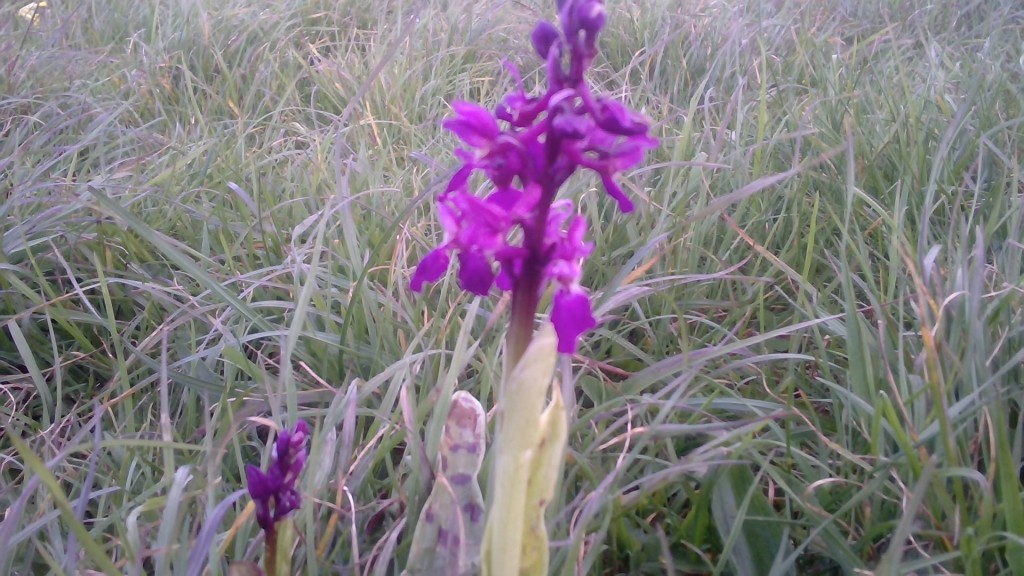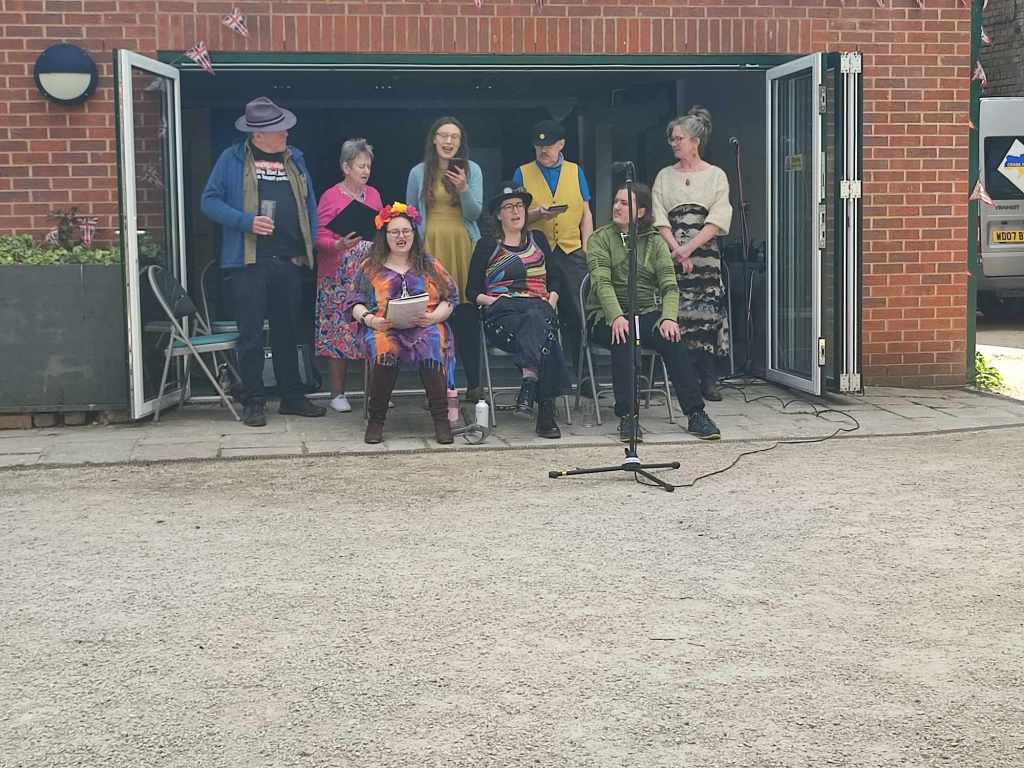(Nimue)
I wrote recently about how asking people to make high levels of commitment can exclude a lot of people. Today I want to explore what kinds of commitments we make ourselves, and what we ask of ourselves.
Promises are important things, and if we don’t keep them, that impacts on our relationships. This is true of our human interactions, and also of any promises we make in a spiritual way. Commitment is a matter of honour.
It’s important to think about what you promise. Can you really do it? If you promise to do something every day, or every week, how long can you sustain that for? What are the consequences if you don’t? I’ve been an everyday blogger for years, and it’s rare I miss a day. It’s also not a huge problem if I do. I also put up Patreon content every week, and because that’s more of a contract with the people who support me, I feel honour bound to deliver. Similar issues apply with our spiritual commitments.
It is better not to promise than to promise and then not be able to deliver. It is better to make small and realistic promises and keep them. In the heat of the moment, inspired and perhaps intoxicated by ritual and a sense of magic, it might be tempting to commit yourself to some big, dramatic thing. It might sound good and feel good and important, but if you haven’t thought it through and can’t manage the commitment it will do you more harm than good.
Broken promises don’t just cause harm in terms of damaging our relationships. They also impact on us. We find ourselves unreliable and untrustworthy. It’s hard to feel good about yourself when you know your word isn’t worth much and you don’t follow through. It’s hard to respect yourself or take yourself seriously on those terms. And if you are able to believe your own PR and put that ahead of your actions, you will damage your relationship with reality.
Of course we all find ourselves now and then in situations where we can’t do what we intended. There are plenty of honourable ways of dealing with that – getting to the promised thing when we can, apologising, compensating, re-balancing the situation in some other way. We can be flawed and human and dealing with the messy realities of life and still remain honourable and just in what we do. We can ask forgiveness. Sooner or later each of us will let someone down, or drop a ball accidentally. You haven’t failed as a person or a Druid if that happens – not if you are honest about it and deal with the consequences.
Sometimes promises cannot be kept. If what you agreed to isn’t what happens, then there’s a limit to what you can do around keeping your own promises. If circumstances change, sometimes we have to renegotiate how things work, or put down things that just aren’t viable any more. To break a promise clearly and give fair warning about it can be a workable and honourable choice.
Big, impossible promises can be a form of self-sabotage. It can be a way of setting yourself up to fail. Realistic promises can help us grow and develop, and can create helpful structure. Ongoing promises (like posting to a blog every day) can be satisfying and of benefit to the person doing it. Unrealistic promises lead to stress and discomfort at best.


